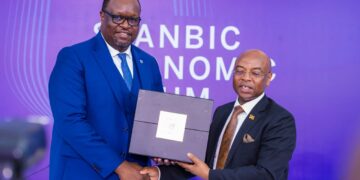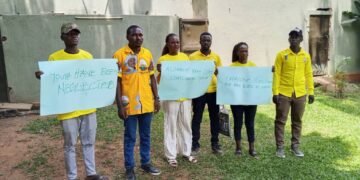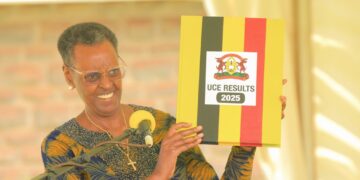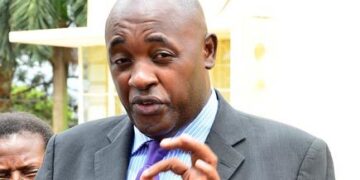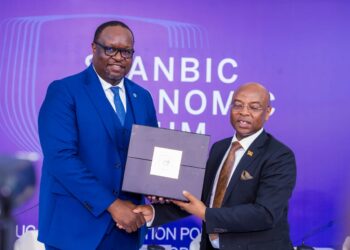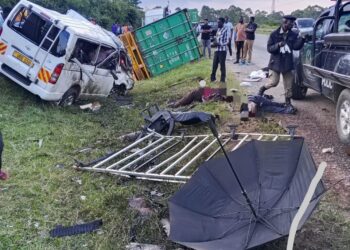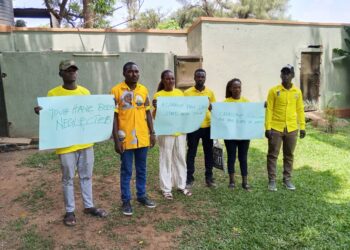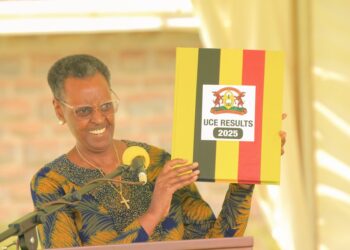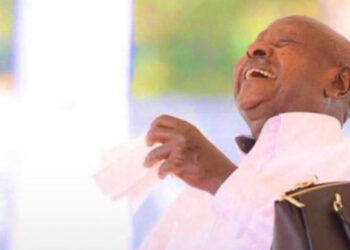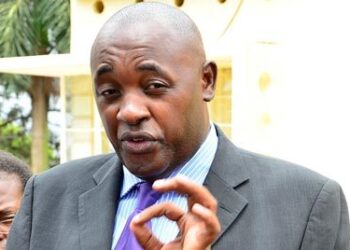By Catherine Namuddu,
President Yoweri Museveni’s recent campaign trail through the Acholi subregion was not merely a political ritual — it was a statement of continuity, a reminder of the peace the region now enjoys, and a renewed pledge for economic transformation.
As the president concluded his tour across Amuru, Nwoya, Omoro, Lamwo, Gulu City, Pader, Kitgum, and Agago on October 24, 2025, his message was unmistakably clear: peace remains the cornerstone of development, and Acholi’s progress is inseparable from the stability restored under the National Resistance Movement (NRM).
For a region that once bore the brunt of the Lord’s Resistance Army (LRA) insurgency, Museveni’s emphasis on peace struck a deeply personal chord. He reminded residents of the horrors of abductions, killings, and displacement that had crippled Acholi for decades.
Today, those scars are slowly healing, replaced by new roads, schools, and health facilities. The president rightly pointed out that none of these gains would have been possible without the hard-won peace and security championed by the NRM.Museveni’s reflection on cattle rustling underscored a broader truth about state capacity.
He explained how the use of modern technology, such as drones for surveillance, has made it easier to curb insecurity. This, he argued, is proof of how a strong army and an organized political system can safeguard national stability. Indeed, peace in Acholi is no longer fragile — it is institutionalized.
But beyond peace, Museveni’s message was also a challenge to the people of Acholi: to convert that peace into personal and household prosperity. He drew a sharp distinction between collective development and individual wealth creation. Roads and electricity, he said, are national assets, but escaping poverty is a personal mission. His call for every family to embrace commercial agriculture, access government programs like OWC and the Parish Development Model, and build personal wealth was as practical as it was empowering.
This philosophy that development begins with the individual has long defined Museveni’s political thinking. Critics may argue that government programs have faced challenges in implementation, but there is no denying that the president continues to push for a mindset shift: from dependency to productivity.
In a region that once depended on aid and relief, this message could not be more relevant. Peace without prosperity risks becoming complacency; prosperity without peace is impossible. Museveni’s campaign in Acholi therefore sought to reinforce the connection between the two.
Equally notable was his commitment to free education and skilling programs. By condemning the illegal collection of fees in government schools and investing in youth training centres, the president reaffirmed his vision for an educated and skilled generation capable of driving Uganda’s next phase of transformation.As the campaign trail winds down, one thing is evident:
Museveni’s message to Acholi was not about nostalgia for past victories but about consolidating gains and charting a new course toward self-reliance. His focus on peace, wealth creation, and social services reveals a leader intent on seeing the region not just peaceful, but prosperous.
The challenge now lies with the people — to seize the opportunities before them, utilize government programs effectively, and make personal enterprise the engine of their progress. Because as President Museveni reminded them, “Poverty is personal, and wealth is personal.”The writer works with the Uganda Media Centre.















